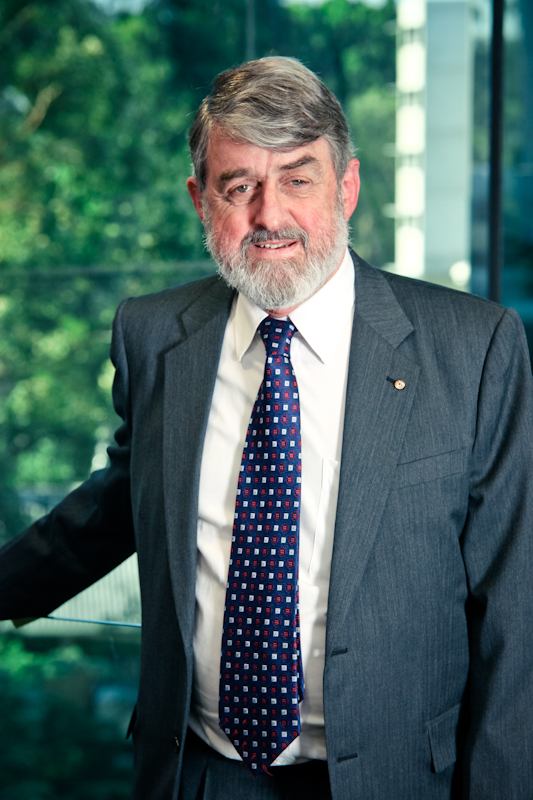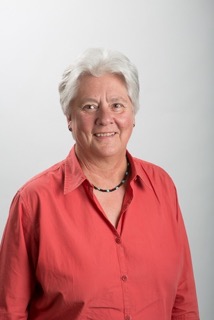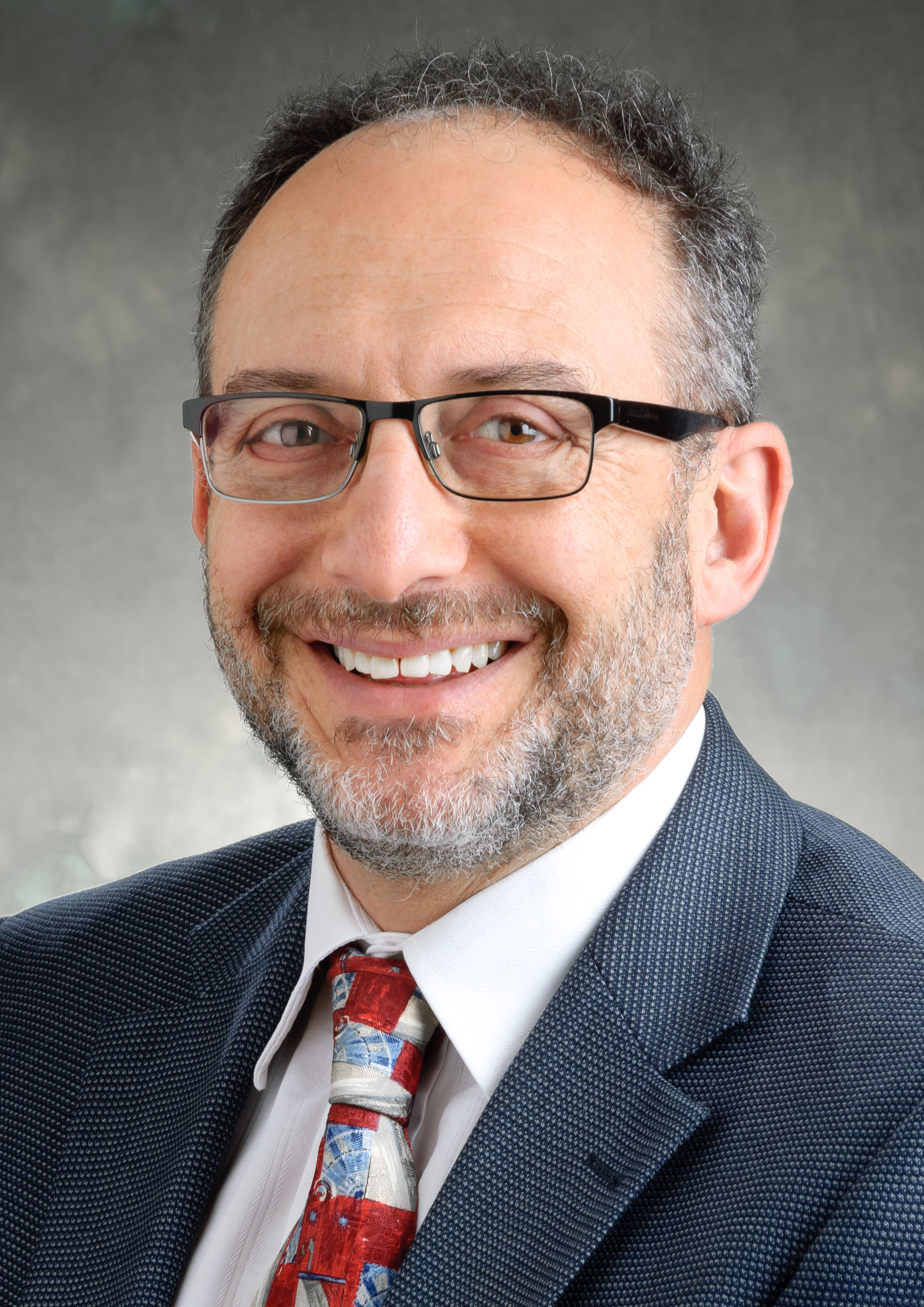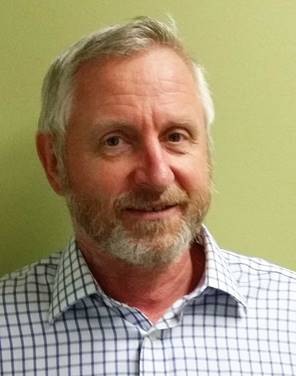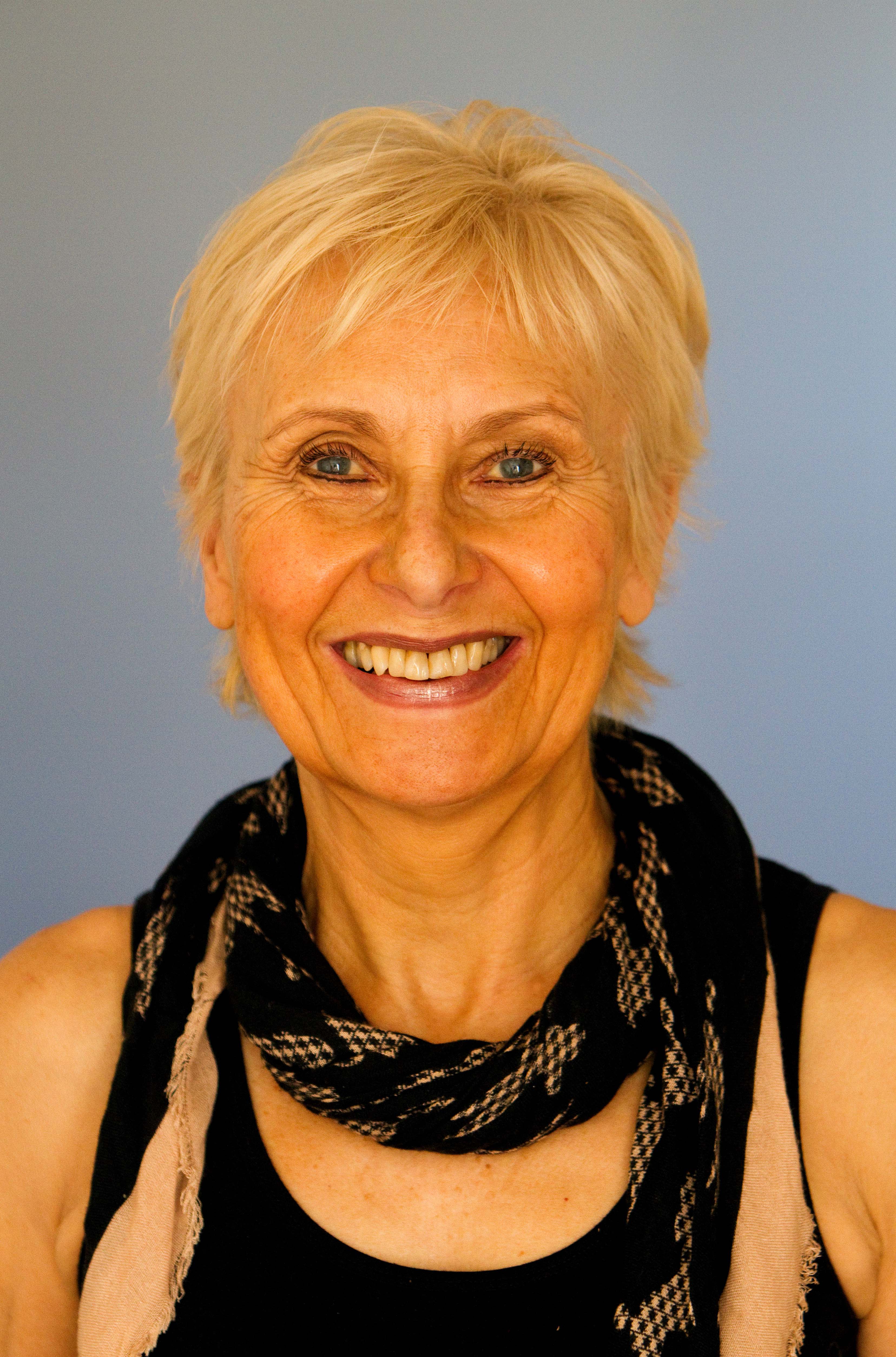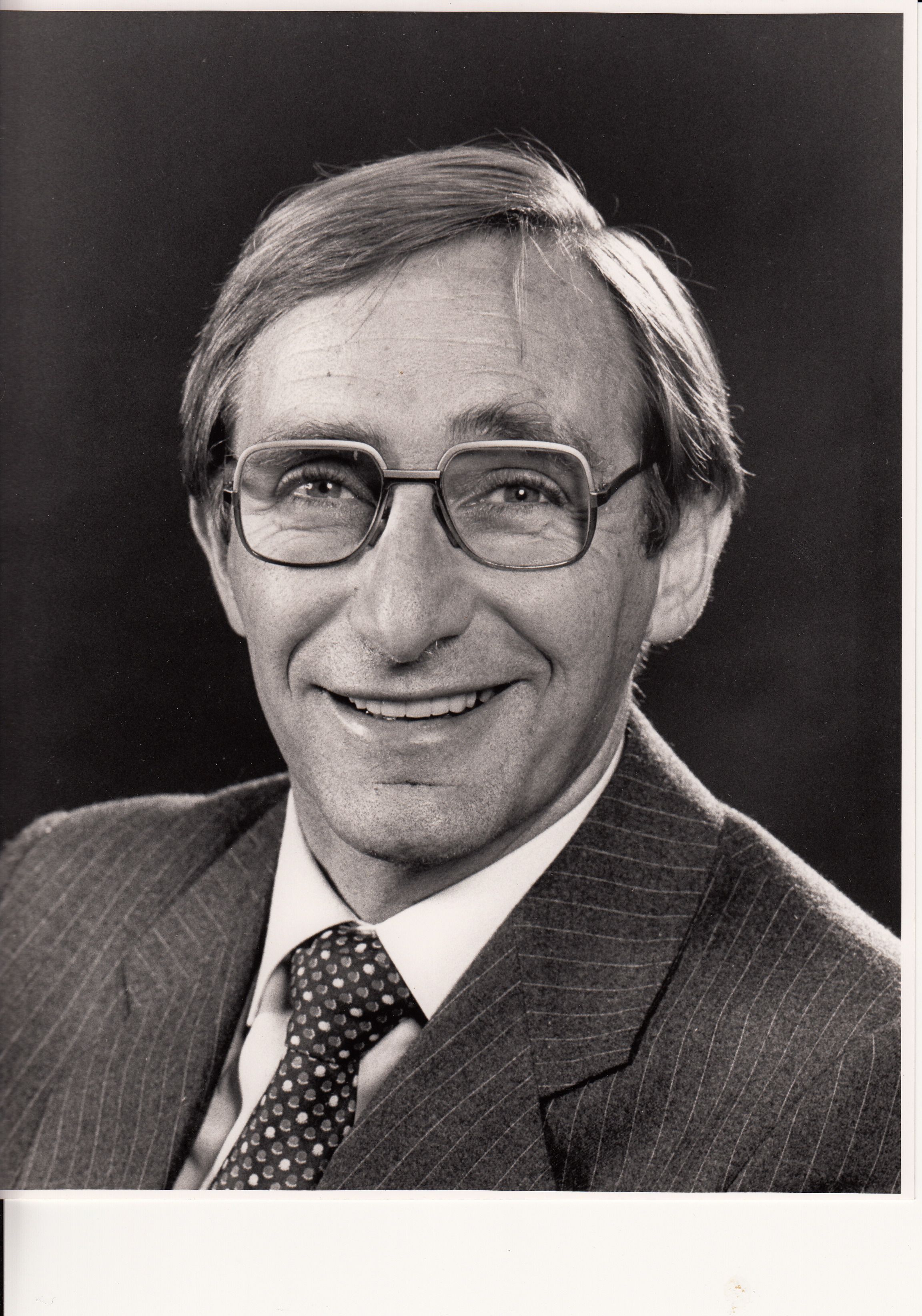-
Nicholas Cowdery
A rational approach to the control of drugs requires measures that prioritise harm reduction. We do not presently deal with them in that way. As a minimum, policies must be developed that cease the practice of criminalising the personal possession and use of presently illicit drugs – the criminal law is a totally inappropriate mechanism for addressing the essentially health…
-
Nick Crofts
Professor Nick Crofts is an epidemiologist and public health practitioner who has been working in the fields of HIV/AIDS, illicit drugs, harm reduction and law enforcement for over 30 years. His major epidemiological work has been on the control of HIV and hepatitis C among injecting drug users in Australia (for which he received an NHMRC Senior Research Fellowship) and…
-
Niki Parry
Niki Parry has studied social sciences and has worked in the community and health sectors for approximately 15 years now, with most of this time dedicated to AOD health organisations including Hepatitis NSW as well as the Sydney Medically Supervised Injecting Centre. Niki is currently employed by QuIHN (the QLD Injectors Health Network) where she is the Coordinator of QPAMS-…
-
Nuno Jorge
Nuno M. R. Jorge is president of OFAP (Organization of the Families of Asia and the Pacific). President Jorge, born in Macau, from a traditional Macanese Family, is a chartered architect, Past President 2007-2009 of the Architects Association of Macau, and registered accountant, received his Diploma in Architecture from the Higher School of Fine Arts in Lisbon, where he also…
-
Patt Denning
Dr. Denning has developed specialties in differential diagnosis, psychopharmacology, psychotherapy with seriously disturbed patients, HIV, and substance use disorders. She is one of the primary developers of Harm Reduction treatments. She has written several articles as well as a book for the general public (Over the Influence: The Harm Reduction Guide for Managing Drugs and Alcohol. […]
-
Paul Haber
Harm reduction programs make an important contribution to protecting Australians from drug related harms. We need to maintain and strengthen these programs at every opportunity! Paul Haber is a physician specializing in addiction medicine and gastroenterology / hepatology. He is Clinical Director for Drug Health Services for the Sydney Local Health District and has been a consultant at Royal Prince Alfred Hospital since 1998. […]
-
Paul Harvey
Paul Harvey has worked at Hepatitis NSW for almost 25 years; he knows first-hand the importance of BBV harm reduction and wholly supports the aims of Harm Reduction Australia. He is the Information and Communications Manager at Hepatitis NSW and works primarily in digital communications. He was the Hep Review magazine editor for 20 years, is the inaugural recipient of…
-
Paula Goodyer
I began writing about drug issues in the late 90s when the Sydney Morning Herald commissioned a number of features that brought me into contact with researchers working in the area of drugs and alcohol, parents trying to cope with their teenagers’ experimentation with drugs and with Tony Trimingham who went on to establish Family Drug Support. […]
-
Penelope Hill
Penny Hill is a PhD candidate at the Burnet Institute investigating the impact of health service use on opioid overdose among people who inject drugs, and works for the Centre for Research Excellence into Injecting Drug Use (CREIDU) and the National Naloxone Reference Group (NNRG). Penny has a background as a community health worker in harm reduction and needle syringe…
-
Peter Baume
This is a very welcome initiative. what we have been doing is not working well enough and rationality demands that we revisit the problem now. Australia could do so much more for the problems posed by illicit drugs with the present money – it is so sad that so little of it goes to harm reduction. […]
